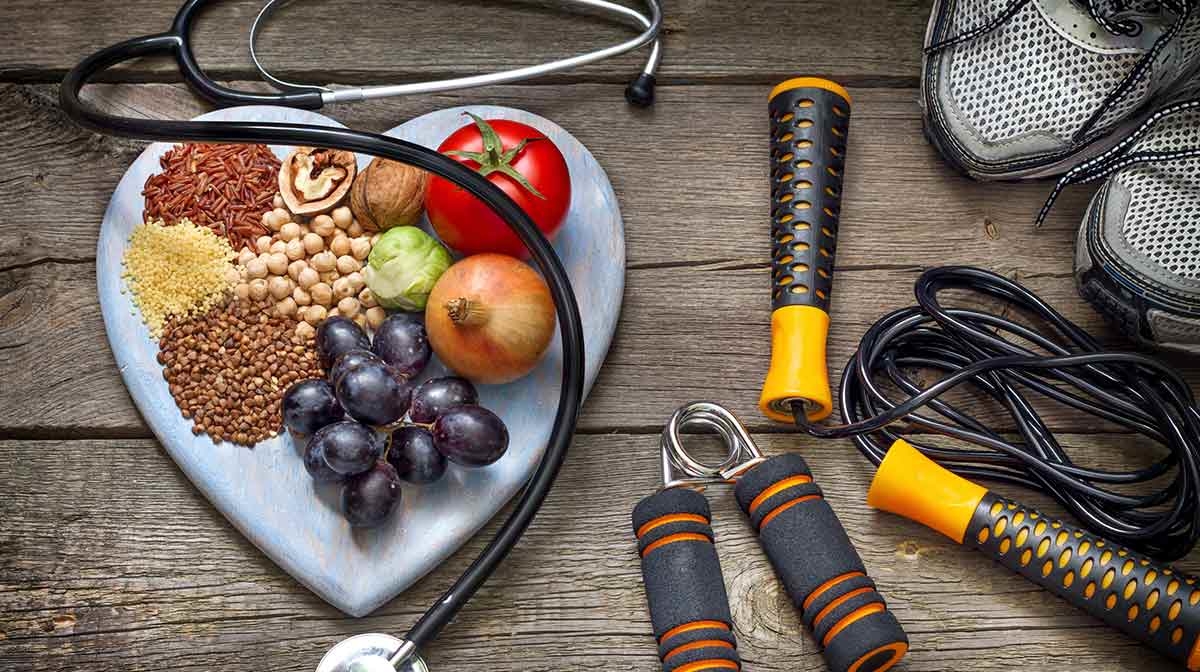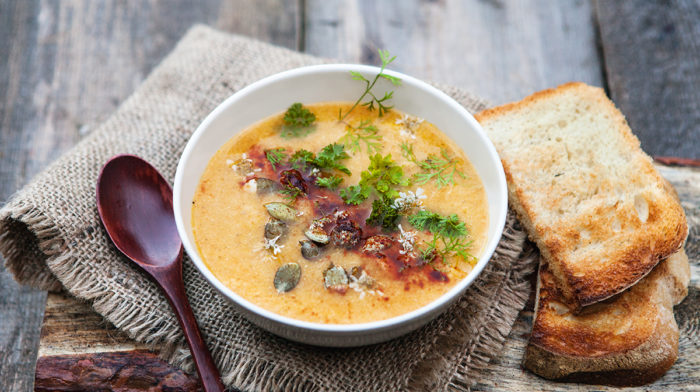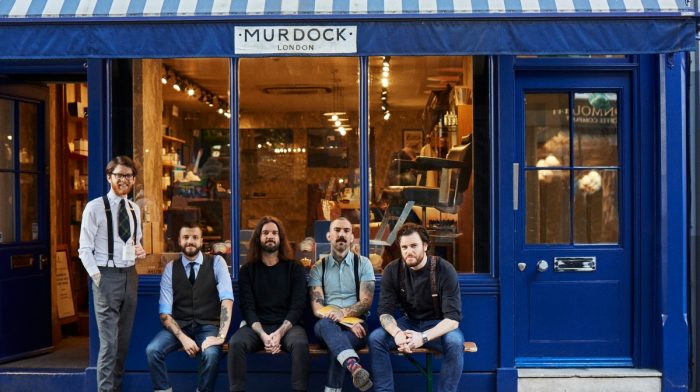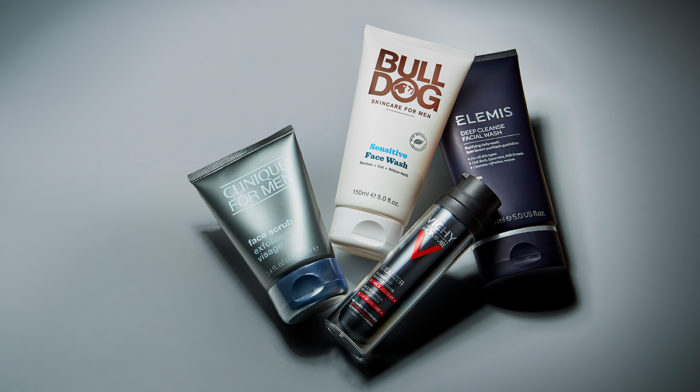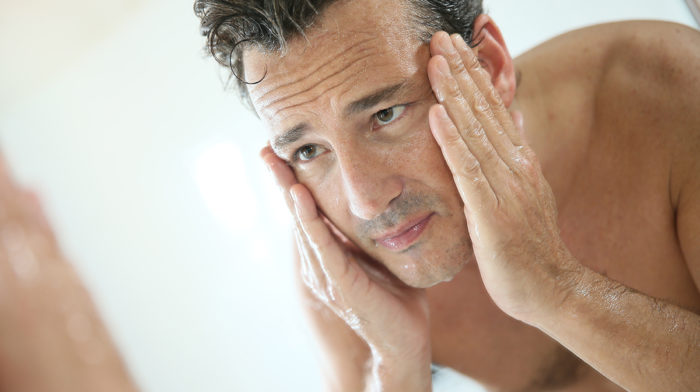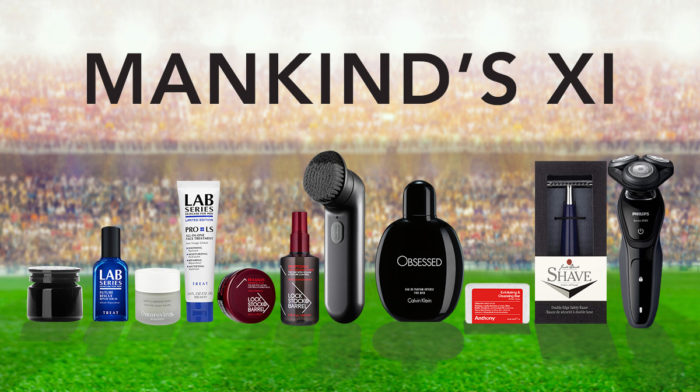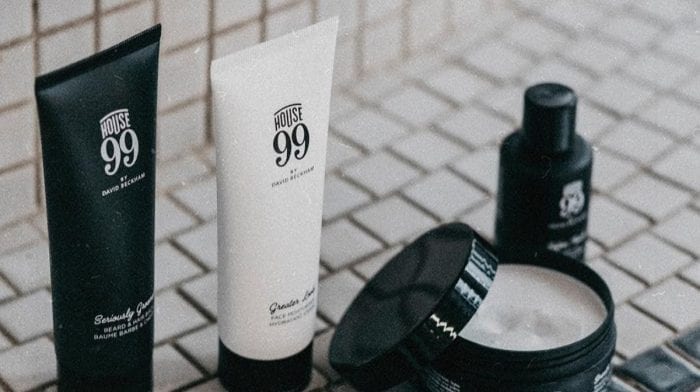Nutritionists are always telling us you are what you eat. And this couldn’t be more important than when your skin’s concerned. The results of even a slight change in diet can really show on your face. A diet overhaul can pay real dividends when it comes to the fight against premature ageing and dull, tired-looking skin. The key to a successful skin diet is to choose anti-oxidant and nutrient rich foods. These fight free radicals and slow down cell damage. You can still watch the calories but you probably won’t need to as this way of eating means you’ll be selecting lower calorie foods anyway.
Firstly start by looking at what you drink as well as what you eat. Water is vital for cellular metabolism yet so many people walk around dehydrated without even realising it. Drink about 3 litres a day whenever possible and you will notice a big difference in the clarity, texture and feel of your skin.
Optimum Skin Diet: Protein
Next take a look your protein intake. Most people don’t eat enough protein but adequate amounts are crucial to any successful skin diet. This is because it’s vital for making your hair strong and shiny and your skin elastic and toned. High-quality, low fat protein is the perfect choice. Chicken, fish and shellfish are all good choices, however red meat can be inflammatory and is not so good for you. You need to eat about 100g of good quality protein a day.
Anti-oxidants are the most important ingredient in foods to help fight free radical damage (the biggest cause of premature ageing.) Found in abundance in brightly coloured fruit and vegetables, you should be eating a minimum of five servings of fruit and/or vegetables a day.
Fruits like strawberries and raspberries are excellent sources of anti-oxidants, as are vegetables such as carrots and leafy greens. One of the best additions to your skin diet, though, are blueberries which have one of the highest anti-oxidant counts of any foodstuff. Try adding them to breakfast cereal or simply throw a handful into a smoothie.
Optimum Skin Diet: Carbohydrates
The next step in your diet overhaul is to take a look at the type and amount of carbohydrate you eat. For years it has been fashionable to eat a large amount of carbohydrate and less of other food groups. Many types of carbohydrate dramatically increase your blood sugar level, forcing the pancreas to produce extra insulin to control the sugar. This excess insulin produces chemicals in the body that cause inflammation and damage the cells. This is very problematic to the skin and can cause premature ageing as well as more serious diseases such as diabetes and cancer.
When selecting your carbohydrates choose foods that are low on the glycaemic index. These are absorbed very slowly into your system and will not cause a sudden rush in blood sugar. Not only is this better for you, it’ll give you more constant energy throughout the day too. Avoid where possible bread, corn, peas, white rice, pasta, bananas, grapes, potatoes and all refined pastries and sweets. Try to eat as many green vegetables, beans and fruits as possible. Fresh fruit is better than fruit juice as it has less sugar and more fibre and is more slowly broken down in the body.
Optimum Skin Diet: Sugar
Sugar is a real no-no since it’s now known to cause cross-linking in the collagen fibres of the skin. This causes them to lose their strength and elasticity and encourages the appearance of brown discoloration marks and age spots. Sugar of all types should be avoided whenever possible. Avoid adding it to drinks and cooking and try not to eat anything that is very sweet or has lots of added sugar. You may need to be vigilant as sugar is hidden in many processed foods, sauces and of course alcohol. If you need any more incentive keep to your skin diet ponder on this: one Australian study discovered that people who guzzle lots of fizzy drinks have more wrinkles. The reason? You guessed it: the sugar.
Optimum Skin Diet: Fat
Finally, let’s revisit the fat debate. Some fats can be bad for you such as saturated fat found in meat and dairy products. However, some mono-unsaturated fat found in olive oil, fish and some plant oils is actually beneficial to the body. It’s a good idea to remove as much saturated fat from your diet as possible simply by avoiding red meat and high fat dairy products such as butter and cheese. It’s important however to make sure you get enough of the second type of fat to keep yourself healthy. Keep an eye on your intake of dairy products too as they can be very high in fat. Choose low fat milk and cottage cheese rather than hard cheese for a good source of calcium which is much lower in fat.
There are certain types of fats found in oily fish and cereal oils that are known as Essential fatty Acids. The most important of these are Omega 3 and Omega 6. The two need to be in balance to maximize their benefits. Omega 3 comes from oily fish and shell fish and has the ability to dramatically reduce compounds that cause inflammation in the cells. High amounts of Omega 6 are found in animal fats. Lower amounts are found in oils such as sunflower, safflower and soybean oil. Choose the latter as these won’t overpower the omega 3. Eating the right balance of Essential Fatty Acids is not only good for your skin but can also help prevent other diseases such as heart disease.
Overall…
Adapting your diet may be the cheapest, most natural way to improve your skin and will have huge benefits for your general health as well. Once you start to eat well the results will soon be visible. Your skin should stay fresh, healthy and younger-looking for considerably longer.
If you’re working on your optimum skin diet yet wanting to celebrate, look no further than our healthy BBQ ideas!
We’re just over halfway through British summertime, can you believe it? Keeping your food healthy can be challenging, check our post packed with ideas for a healthier BBQ.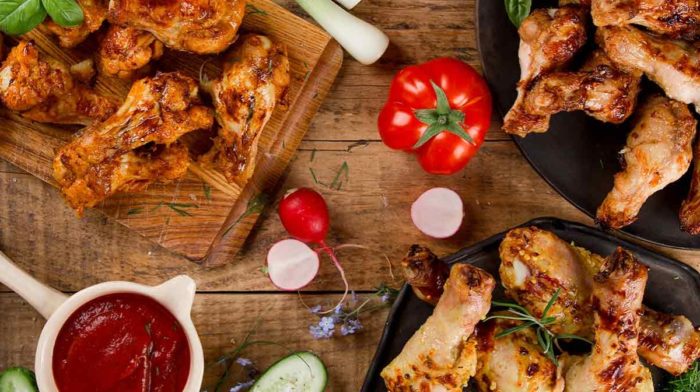
5 BBQ Ideas For A Healthier Summer
